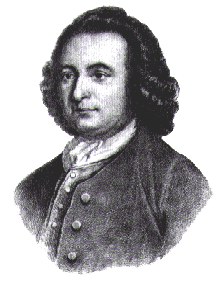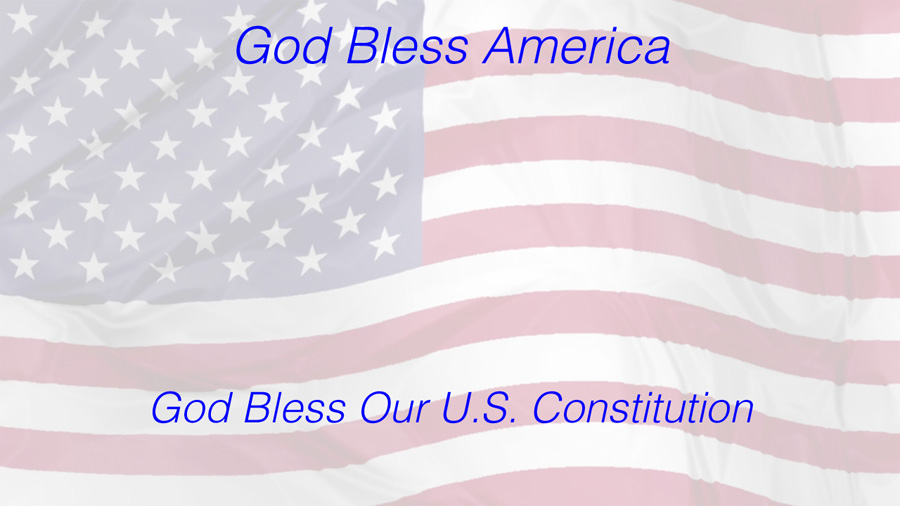 James Madison is the Father of the Constitution and one of our nation’s greatest patriots. From the Federalist Papers to the Presidency, Madison left an indelible imprint on American history. And while Madison is credited as the author of the United States Bill of Rights, the basis for those first ten amendments came from another work, the Virginia Declaration of Rights, which was principally authored by planter and politician George Mason.
James Madison is the Father of the Constitution and one of our nation’s greatest patriots. From the Federalist Papers to the Presidency, Madison left an indelible imprint on American history. And while Madison is credited as the author of the United States Bill of Rights, the basis for those first ten amendments came from another work, the Virginia Declaration of Rights, which was principally authored by planter and politician George Mason.
Sadly, many Americans are wholly unaware of Mason’s contributions.
In far too many movies about the Constitution, the focus is typically on our other, better-known Founding Fathers – men like George Washington, Thomas Jefferson and John Adams. Obviously, Washington, Jefferson and Adams are all worthy of our respect and admiration, but Mason deserves to be recognized as one of our greatest Patriots as well. He was a man of incredible integrity and impeccable moral fiber.
In fact, his integrity and moral fiber were so strong… Mason refused to sign the Constitution!
At the Constitutional Convention held in Philadelphia, PA, in 1787, only three men refused to sign the newly-written Constitution. George Mason was one of the three. He was joined by fellow Virginian Edmund Randolph and Elbridge Gerry from Massachusetts.
Mason’s reasoning was simple: He was concerned that the federal government might become too powerful, he was alarmed that the original Constitution lacked a Bill of Rights, and Mason strongly believed that the edict, “all men are created equal,” should also apply to slaves.
In 1776, Mason authored the Virginia Declaration of Rights that included protections for religious freedom, free speech, and the right for citizens to bear arms, and he was adamant that these liberties must be embodied in the new country’s Constitution, which lacked these explicit protections. Instead, the framers insisted they’d be added at a later date.
Mason’s long-time friend and former neighbor, fellow Virginian George Washington, was greatly disappointed by Mason’s refusal to sign. By most accounts, their friendship never recovered. Still, Mason stood his ground.
Throughout all of recorded history, men have yearned for freedom and liberty. “Let my people go,” is a plea so ancient, it’s even recorded in the Bible. Searching for liberty has been, perhaps, mankind’s greatest quest – a craving so primordial, it’s part and parcel of the human condition. Mason felt that the United States of America had a unique, generational opportunity to preserve freedom and liberty in the New World, and was absolutely unwilling to compromise on his vision. His steadfast belief and stubbornness won him few friends – and undermined his political future – but he stood his ground.
 Eventually, his work paid off.
Eventually, his work paid off.
During the first session of the First Congress, Mason’s compatriot, James Madison, introduced a Bill of Rights. Majorly based, as it was, on Mason’s own document for Virginia, this could be seen as the fulfillment of Mason’s lifelong dream.
The Bill of Rights were finally ratified in 1791. Mason died one year later.
Interestingly, Mason, Washington and Madison have universities in their honor in very close proximity: George Mason University is in Northern Virginia, James Madison University is in Harrisonburg, Virginia, and George Washington University is in Washington, DC. These three great Americans, united and sometimes separated by politics in life, are reunited posthumously.
In Search of Liberty, also known as the Constitution Movie, or the Liberty Movie, celebrates the genius of our Founding Fathers and the brilliance of the U.S. Constitution. While watching In Search of Liberty, please remember the contribution of George Mason, Father of the Bill of Rights.
To learn more about freedom, liberty and our Constitution, please watch In Search of Liberty – a family-friendly movie about the American adventure that is both entertaining and informative.

